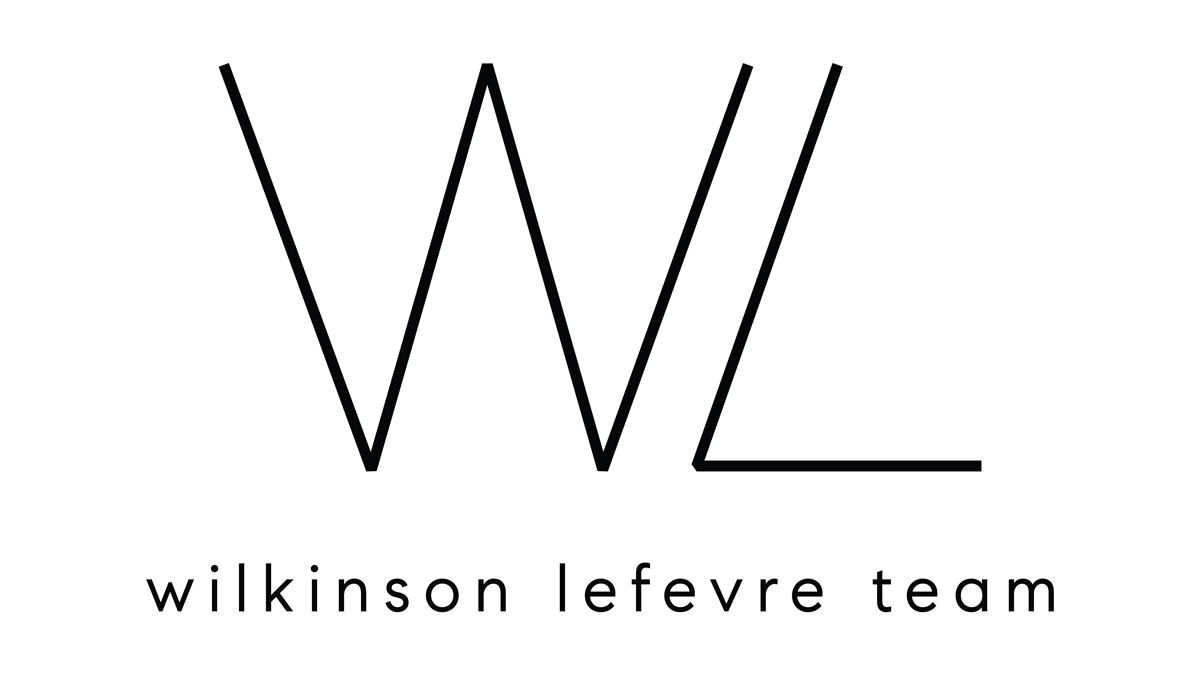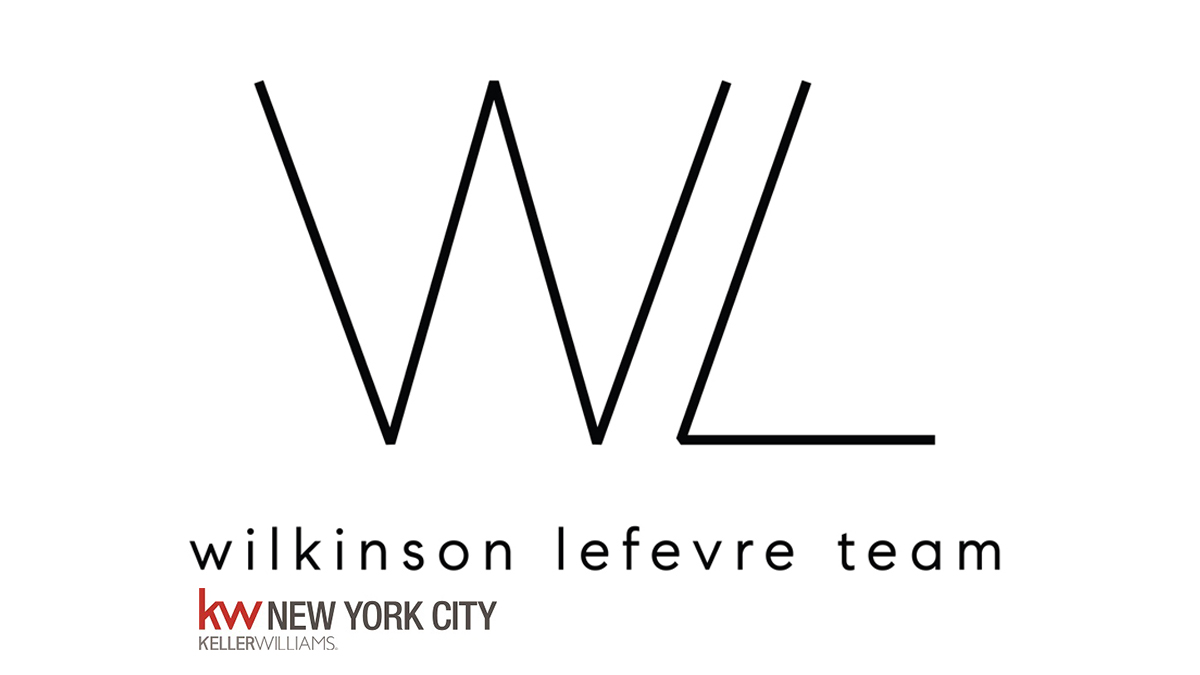particular set of circumstances. For instance, the process can be much longer for buying a co-op than buying a condo or single family home. The process is also longer when there is financing, as opposed to an all-cash deal—and when the need for a home isn’t urgent. As a general rule of thumb, it should not take more than 90 days from contract to closing.
mortgage? We strongly recommend that our buyers talk with a mortgage banker early in the search process. A banker can provide a firm idea of what size mortgage you will qualify for, and can assist you with getting pre-qualified and/or pre-approved.
amount you may qualify for. Getting pre-aprroval is a more stringent process and is a conditional commitment for a set loan amount.
Pre-qualified can be done over the internet or phone in 30 minutes with a mortgage banker. The buyer provides an overall look into their financial condition, including income, assets, and debts. There’s usually no cost to get pre-approval.
Pre-approval is an extensive examination into your financial condition and credit score. It indicates to a seller that you have a better chance of closing a deal. Pre-approval requires a mortgage application and usually involves a fee.
You can obtain pre-qualification or pre-approval from your current bank or we can recommend a few seasoned mortgage professionals who have delivered great results for our clients.
ownership, costs, and board approval. The biggest difference is that with a co-op, you buy stock in the corporation that owns the apartment building. With a condo, you buy an individual parcel of real property.
Co-op owners pay monthly maintenance to the building corporation for expenses such as maintaining and operating the building, property taxes, and the underlying mortgage on the building (if there is one).
A condo owner owns the apartment and an undivided interest in the common areas. Condo owners are responsible for paying their own real estate taxes and share of charges to maintain and operate the common areas. Unlike a co-op building, there is no underlying mortgage on a condo building.
Generally, a condo has a higher value than a comparably sized co-op. However, a condo buyer has additional closing costs for title insurance and mortgage recording taxes. Depending on the co-op building, the tax deductibility percentage of the monthly maintenance charges may differ. Purchasing a co-op requires board approval; some condos also require board approval.
Analysis—a comparison of similar sales in the building and area. We then take into consideration the circumstances and condition of the unit you are interested in and the current market. (It can change from week to week and we have our finger on the pulse!)
CONTACT THE WILKINSON LEFEVRE TEAM TODAY

